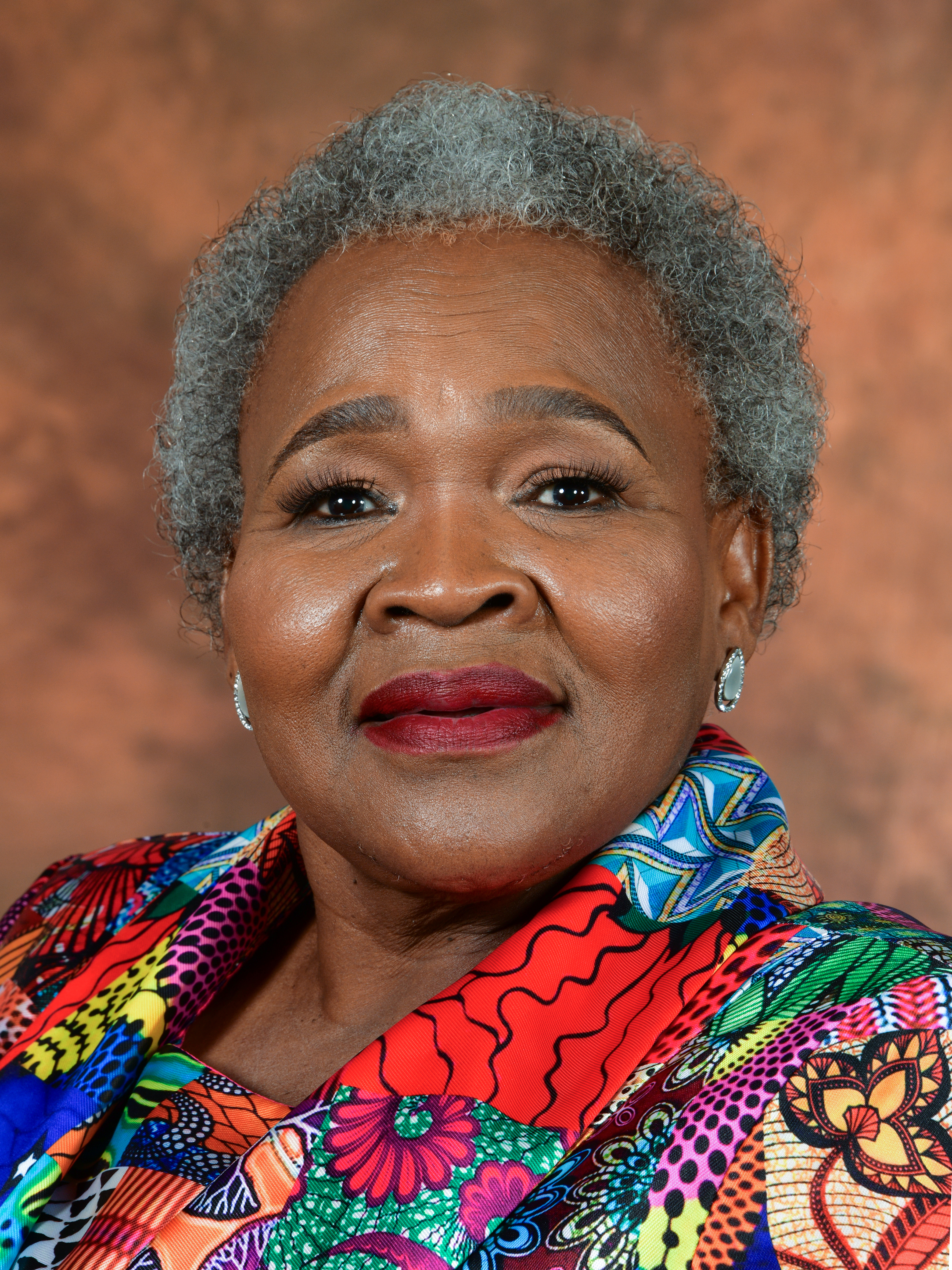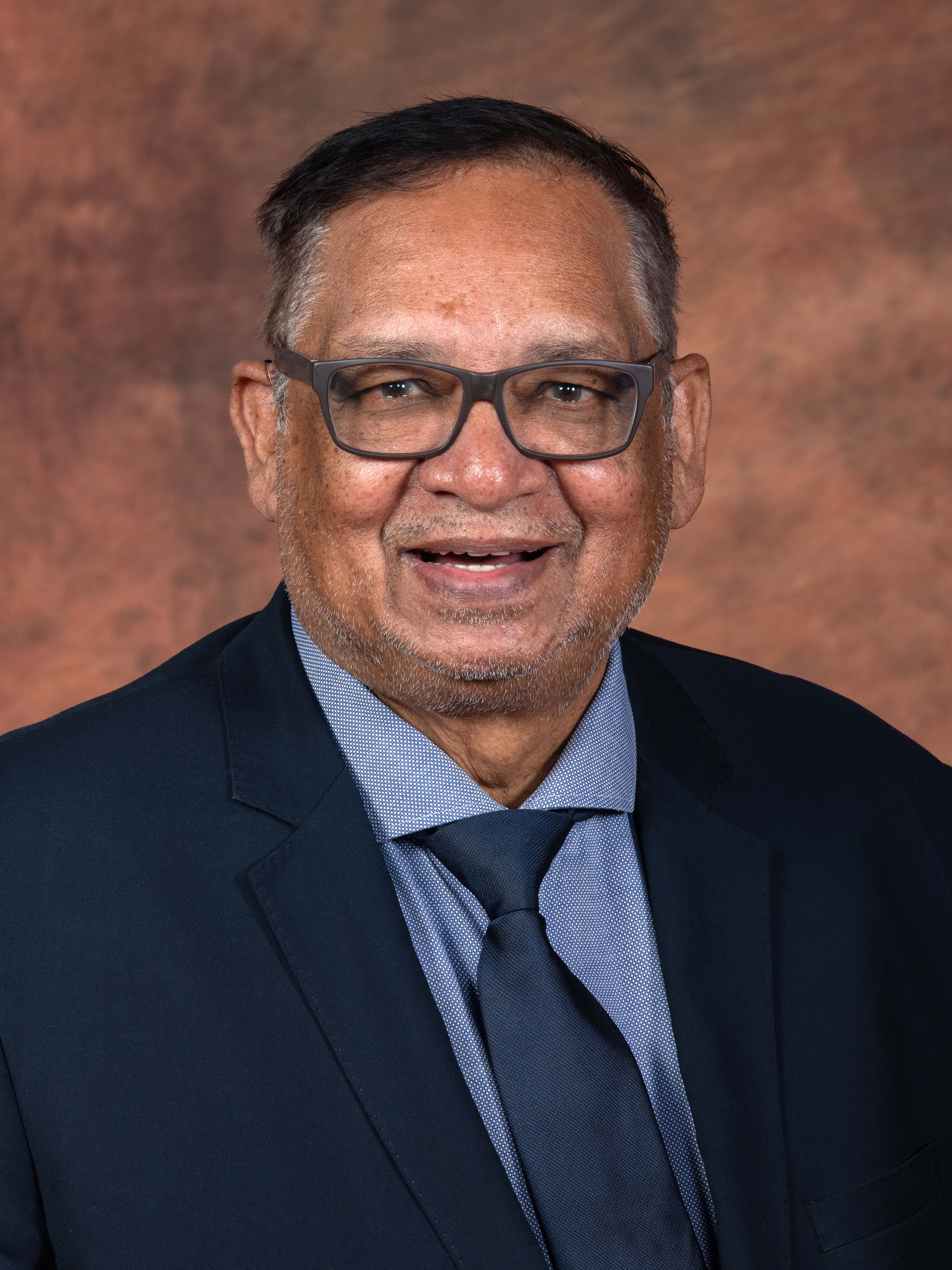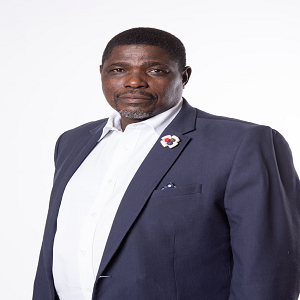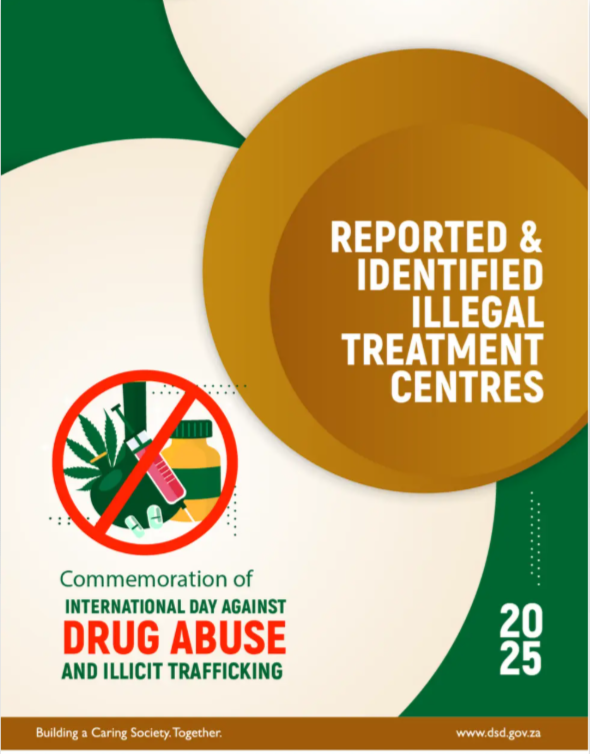By Precious Mupenzi.
- Africa is strengthening its collective response to the scourge of drug abuse and crime.
- South Africa is hosting the African Union in reviewing the progress of the Plan of Action on Drug Control and Crime Prevention.
- Director-general of Social Development, Peter Netshipale, is confident the process would go a long way in assessing and strengthening national efforts to address the blight created by drugs across South Africa’s communities.
South Africa is this week hosting the African Union (AU) evaluation team for the Plan of Action on Drug Control and Crime Prevention, bringing together government, civil society, academia, law enforcement, and development partners to strengthen the continent’s collective response to drug abuse and crime.
The evaluation, taking place in Pretoria from 23–27 September 2025, is coordinated by the Department of Social Development in partnership with the AU and the United Nations Office on Drugs and Crime (UNODC).
The programme includes a series of high-level consultations, panel discussions, and site visits aimed at reviewing progress, identifying challenges, and refining strategies for a safer and drug-free Africa.
Speaking during the first session at the Manhattan Hotel in Pretoria on 25 September 2025, the director-general of Social Development, Peter Netshipale, said South Africa is honoured to be selected as one of 10 AU member states to participate in the evaluation process, which he was confident would go a long way in assessing and strengthening national efforts to address the scourge of drug use.
Netshipale led the proceedings, supported by Siza Magangoe, deputy director-general for social welfare services, and programme managers.
The AU Commission was represented by Dr Abel Basutu, senior drug control programme officer, and Dr Abiola Olaleye, senior drug epidemiology officer.
The visit forms part of the AU’s evaluation of the Plan of Action on Drug Control and Crime Prevention (2019–2025).
The overall objective of the plan of action is to improve the health, security, and socio-economic well-being of the people of Africa by addressing drug trafficking and problematic drug use in all its forms and manifestations, while also preventing the onset of drug use.
Netshipale emphasised that the country’s youth remain particularly vulnerable, noting that 21 million young people account for 33,1% of South Africa’s population. High unemployment and economic inactivity, he warned, create fertile ground for drug-related crimes and syndicates.
He further cautioned that South Africa’s strategic geographical position, with its extensive maritime and aviation links, makes it an attractive transit hub for international drug trafficking. However, he noted that increased vigilance by law enforcement has led to successful interceptions of illicit consignments and the dismantling of drug laboratories.
Highlighting Africa’s vulnerabilities – porous borders, urban pressures, underfunded treatment systems, and inadequate harm reduction services – Netshipale pointed to the World Drug Report, which projects that without timely interventions, Africa will bear the heaviest future burden. “This impedes the development we wish to achieve under Agenda 2063, the Africa We Want,” he stressed.
Revising South Africa’s National Drug Master Plan
The Director-General also announced that South Africa is finalising its revised National Drug Master Plan (2025–2030), while the AU is preparing its next continental drug action plan (2026–2030). He called for member states to move from reactive to proactive responses in tackling escalating drug challenges.
Netshipale welcomed the AU’s establishment of the Southern Africa Network of Traditional Leaders in Drug Demand Reduction, chaired by South Africa, noting that traditional leaders remain first responders and protectors in rural communities. “Their inclusion is not symbolic, but strategic,” he said.
The day continued with a review of progress on drug demand reduction and an update on the National Drug Master Plan led by the Central Drug Authority.
The AU Commission also engaged with academia, including civil society organisations such as the South African National Council on Alcoholism and Drug Dependence (SANCA). The evening concluded with a cultural event hosted by the national house of traditional and Khoi-San leaders.
On 26 September 2025, the focus will shift to engagements with community and traditional leaders, law enforcement, and justice institutions.
Agencies, including the South African Police Service, the HAWKS, the Border Management Authority, and the National Prosecuting Authority, presented on their roles in combating drug-related crimes. Civil society groups such as Students for Sensible Drug Policy also shared perspectives on prevention and advocacy.
The AU Plan of Action on Drug Control and Crime Prevention serves as a continental framework guiding member states in their fight against drug abuse, organised crime, and related social harms. South Africa’s hosting of the evaluation demonstrates its commitment to regional cooperation and knowledge-sharing in addressing these persistent challenges.
In line with the Universal Treatment Curriculum, South Africa is scaling up the availability of public rehabilitation and treatment centres to ensure timely access to services for substance use disorders. To date, the country has 13 public treatment centres and more than 200 registered private and NPO facilities rendering treatment to communities.
As part of the evaluation, the AU team will also visit one of these facilities, the Dr Fabian and Florence Ribeiro Treatment Centre, to engage directly with practitioners and patients.
As Netshipale concluded: “This evaluation is a critical moment requiring us to apply an eagle eye to ensure our inputs, plans, and aspirations are considered, as we renew our efforts to address common challenges.”
The evaluation report is expected to inform the next phase of AU policy implementation, ensuring that efforts across Africa remain aligned and impactful.


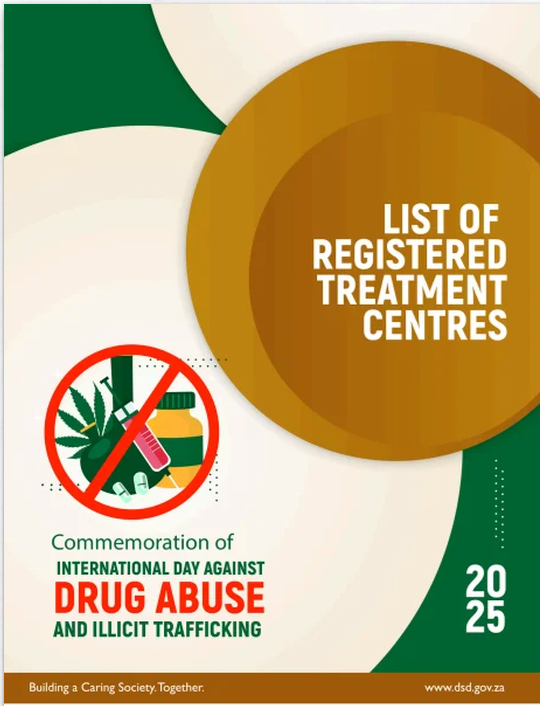

 0
0 